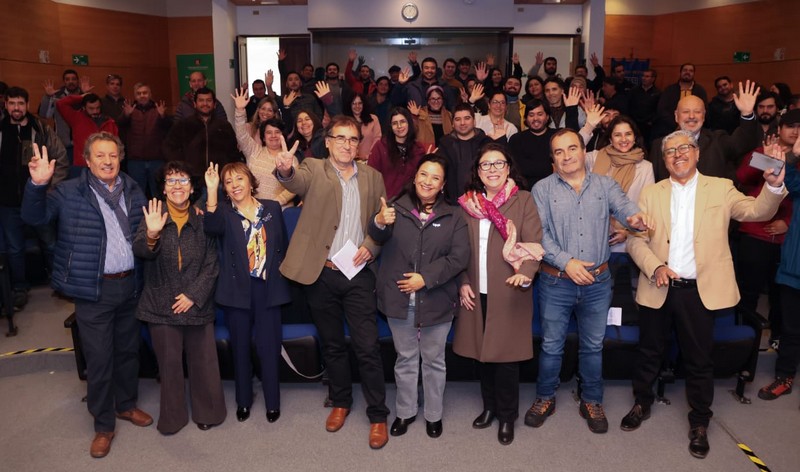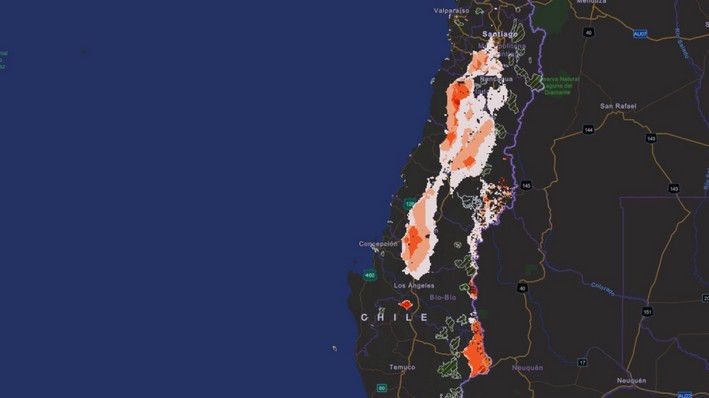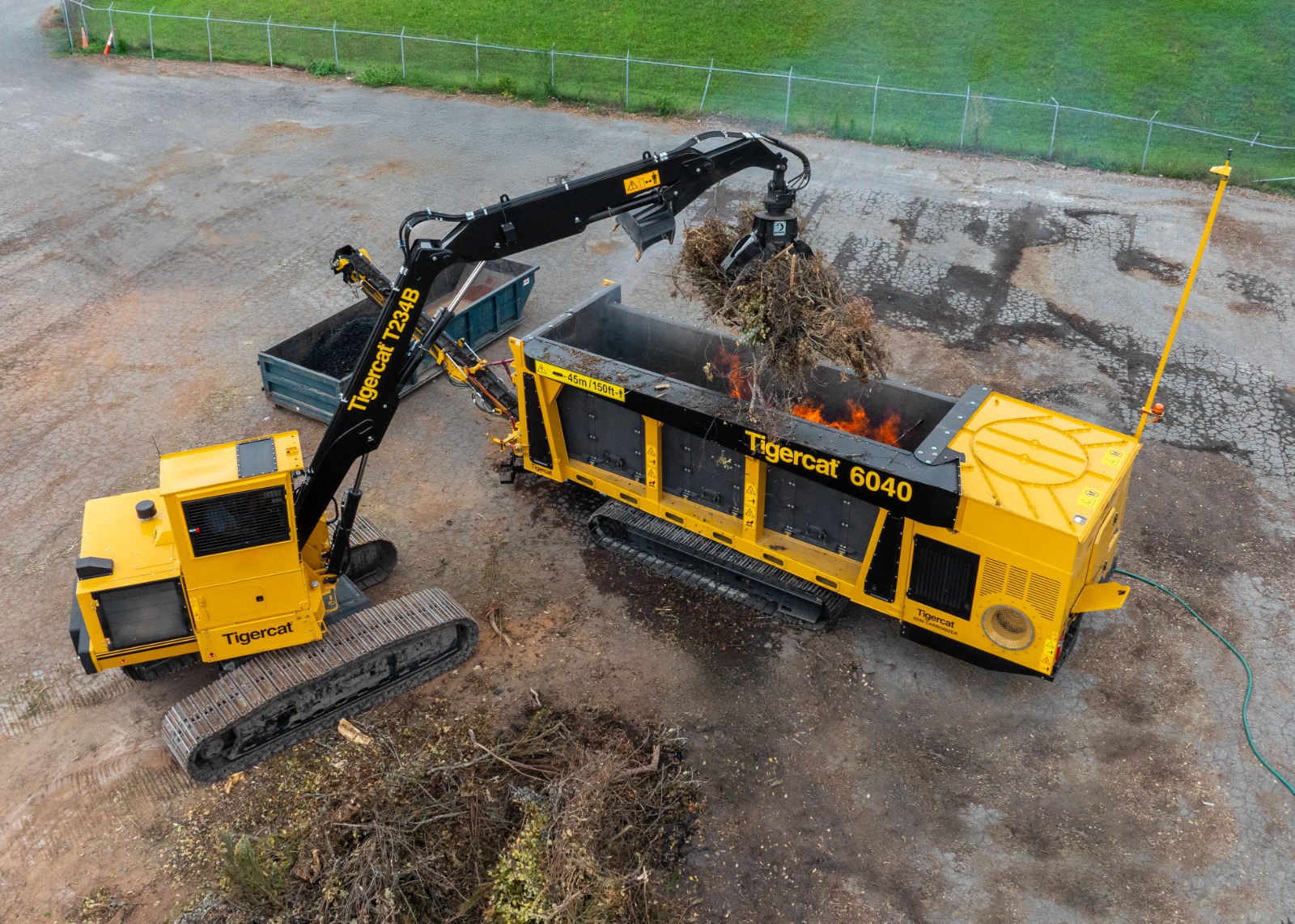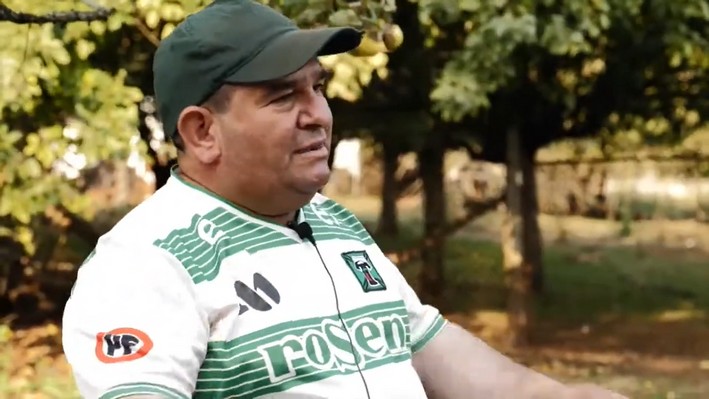The launch ceremony for the diploma programs in Forest Extension and Sustainable Rural Development and in Silviculture and Native Forest Management took place at the Faculty of Forest Sciences of the University of Concepción.
Both diploma programs are part of initiatives funded by the National Fund for Regional Development (FNDR) of the Biobío Regional Government, managed and co-executed by the Forest Institute (INFOR) and the Faculty of Forest Sciences of the University of Concepción.
In this regard, INFOR's Deputy Executive Director, Marta González, emphasized that "these diploma programs aim to strengthen the capabilities of professionals and technicians in the region who work in agriculture. Participants include professionals from INDAP, PRODESAL, CONAF consultants and advisors, as well as other professionals from the public and private sectors."
Meanwhile, Eugenio Sanfuentes, Dean of the Faculty of Forest Sciences at UdeC, stated, "We believe this can have a significant impact on small and medium-sized forest owners and institutions, allowing us to improve and adapt our native forest management system to climate change and new non-timber forest products."
Productive Model
The diploma in Forest Extension and Sustainable Rural Development seeks to enhance the skills of teams working with Family Farming (AFC), promoting a more comprehensive and sustainable productive model.
This approach aims to position the forestry sector as a key component for generating ecosystem services, balancing the productive needs of the territory, and aligning with international agreements and national strategies to address climate change.
On the other hand, the diploma in Silviculture and Native Forest Management will provide scientific and technical tools to improve sustainable forest management, increasing its commercial and ecological value through ecosystem-based practices. It also seeks to strengthen informed decision-making, the design of regional public policies, and alignment with international trends.
"We hope this will be a great development opportunity, a pathway to deliver the necessary knowledge for implementing and adopting technologies developed in academia and other agricultural institutions, which will contribute to the work of landowners in our Biobío region," highlighted Pamela Gatti, Regional Minister of Agriculture.
Rodrigo Escobar, a professional from INDAP Biobío's Development Unit, valued these diploma programs for agricultural service workers. "Here, we can share experiences from different realities, and most importantly, it focuses on capacity development in forest extension, which will become a key tool in our work with users, especially in the Arauco Province and the Andes mountain range," said Escobar.
These initiatives are part of the programs "Forest Extension for Enhancing Technological Capabilities and Productive Reactivation of Small and Medium-Sized Properties in the Biobío Region" and "Training and Technology Transfer in Silvicultural Forest Management," reflecting the institutional commitment to sustainable development and the modernization of the regional forestry sector.







Comments (0)
No comments yet. Be the first to comment!
Leave a comment